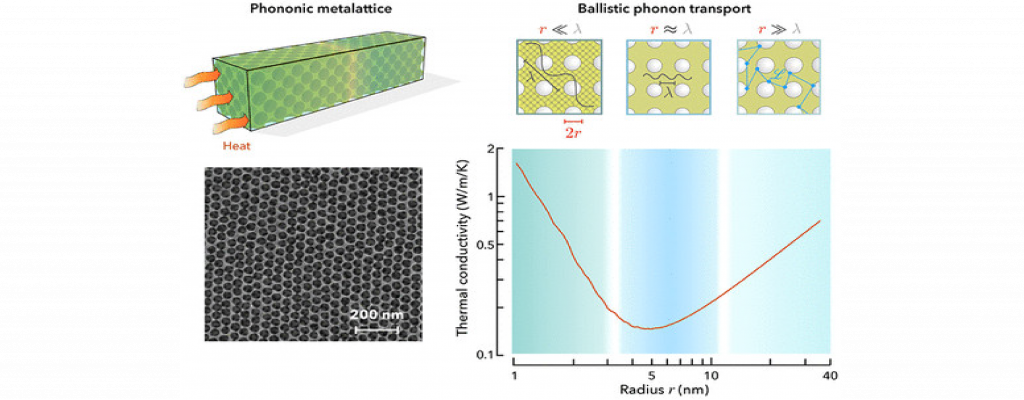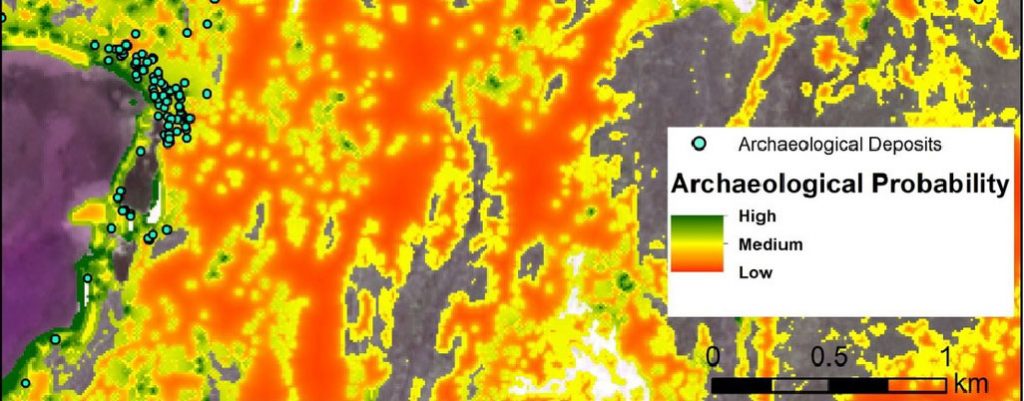ICDS can connect your company with internationally recognized Penn State researchers for innovative partnerships. Learn more about industry partnerships, intellectual property, Penn State’s pioneering research, and how to partner with us.
Ready to reach out? Contact Todd Price at tup77@psu.edu to discuss your organization’s goals and to learn if Penn State would be a good fit on research partnerships.
Penn State is a Pioneer in Interdisciplinary Research
Penn State scientists use cutting-edge research techniques to solve problems and seize opportunities across disciplines and industries. They develop and apply sophisticated methods to advance science, including:
- Artificial intelligence
- Machine learning
- Statistical modeling
- Predictive analysis
- Data visualizations
- Big data
Penn State’s Computational Research Hub
ICDS works with thousands of researchers, from distinguished faculty to developing undergraduate students, in dozens of backgrounds. As the connection point for computational and data science research at Penn State, ICDS can help you understand the finer points of the University’s diverse research landscape to determine the best approach to a partnership.
Supercomputing with the Roar System
Roar is the supercomputing system ICDS manages and operates for the Penn State research community. More than 4,500 researchers at all levels use Roar each year for cutting-edge work. Read more about our Roar-powered research.
Connecting with Future Researchers
Penn State isn’t just a hub for research. It’s an internationally recognized hub of research talent. The University is highly ranked across fields and disciplines. If you’re recruiting for your company or organization, Penn State is a great place to find the brightest next generation of scientists – and the brightest next generation of scientific talent that will lead your organization into the future.
Industry AI Research Center
The Penn State Artificial Intelligence and Machine Learning for Industry (AIMI) Research Center was created to allow the Institute of Computational and Data Sciences (ICDS) and its industry partners to enhance the creation, development, and refinement of sponsored Penn State AI and ML research to empower science and society through digital innovation.
Innovative Collaboration Hub for Industry
Penn State researchers are working on cutting-edge projects in a range of fields and across the spectrum of disciplines.

Making the Internet Faster
A team of researchers led by Penn State IST researchers designed a machine-learning algorithm to reduce the size of multimedia files, such as videos and images, and restoring them without losing much quality or information. The system could help solve the world’s huge data clog problem.

AI Weather Forecasters
Penn State researchers are using artificial intelligence to pinpoint swift-changing weather areas to help meteorologists produce more accurate weather forecasts without wasting valuable computational power.

Computational Research Reveals Path to More Efficient Semiconductors
Using ICDS’s computational resources, Ismaila Dabo, Associate Professor of Materials Science and Engineering, is leading the effort to make semiconductors more efficient in an era where every performance improvement is needed to handle the rising appetite for technology.

Revealing the History of Humankind
Penn State archaeologists led an effort to use a machine learning algorithm to scour through remote sensing data to find ancient human settlements – and maybe even solve some of anthropology’s biggest mysteries.

Fake News Detector
Penn State researchers trained an artificial intelligence model that outperformed other clickbait detectors. The technology may not only be used create fake news detectors one day, but might help developers create even better algorithms, in general.

Using data science to make the financial system fairer for minorities
Mortgage agents can assess fees, such as the broker origination fee, which are negotiable, or can even be waived. This study may help the mortgage process be more equitable and more affordable for minority borrowers.

HPC-Powered Computer Simulations May Place Safer, Less Expensive Vehicles on the Fast Track
Data science may lead to a new way to create carbon fibers – and that could lead to cars that are safer and, yet, less expensive to make. A team of researchers, using a mix of computer simulations and laboratory experiments, found that adding small amounts of the 2D graphene to the production process both reduces the production cost and strengthens the fibers.
IP Policy Suited for Industry
Penn State has crafted an industry-friendly intellectual property (IP) policies in the country to enable a free exchange of ideas. The University’s rules of engagement for industry-sponsored research and projects provide our faculty and students the flexibility to work with industry sponsors.
While IP ownership is not automatic, Penn State has set out to change its interaction with industry partners by:
- Removing IP as a hurdle in negotiating research agreements
- Reducing negotiation times
- Engaging and empowering researchers in the IP process
For details about Penn State’s IP Policies, visit the Penn State Office of Technology Management website.
